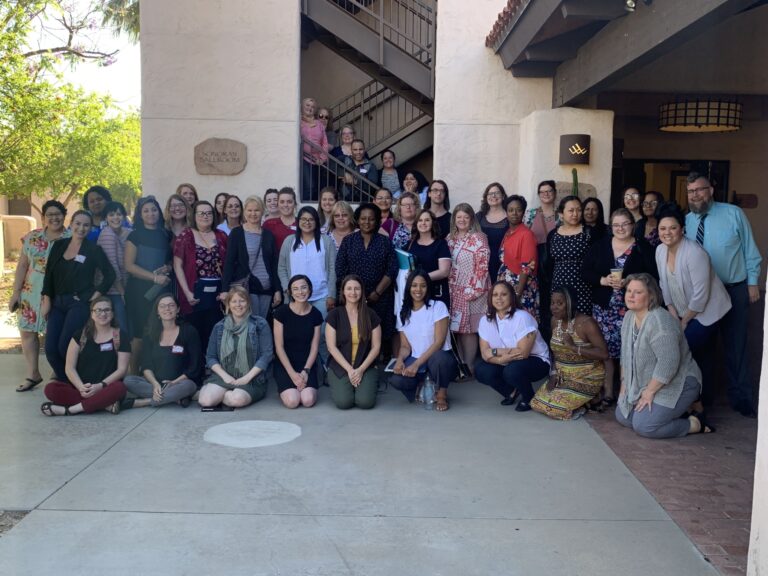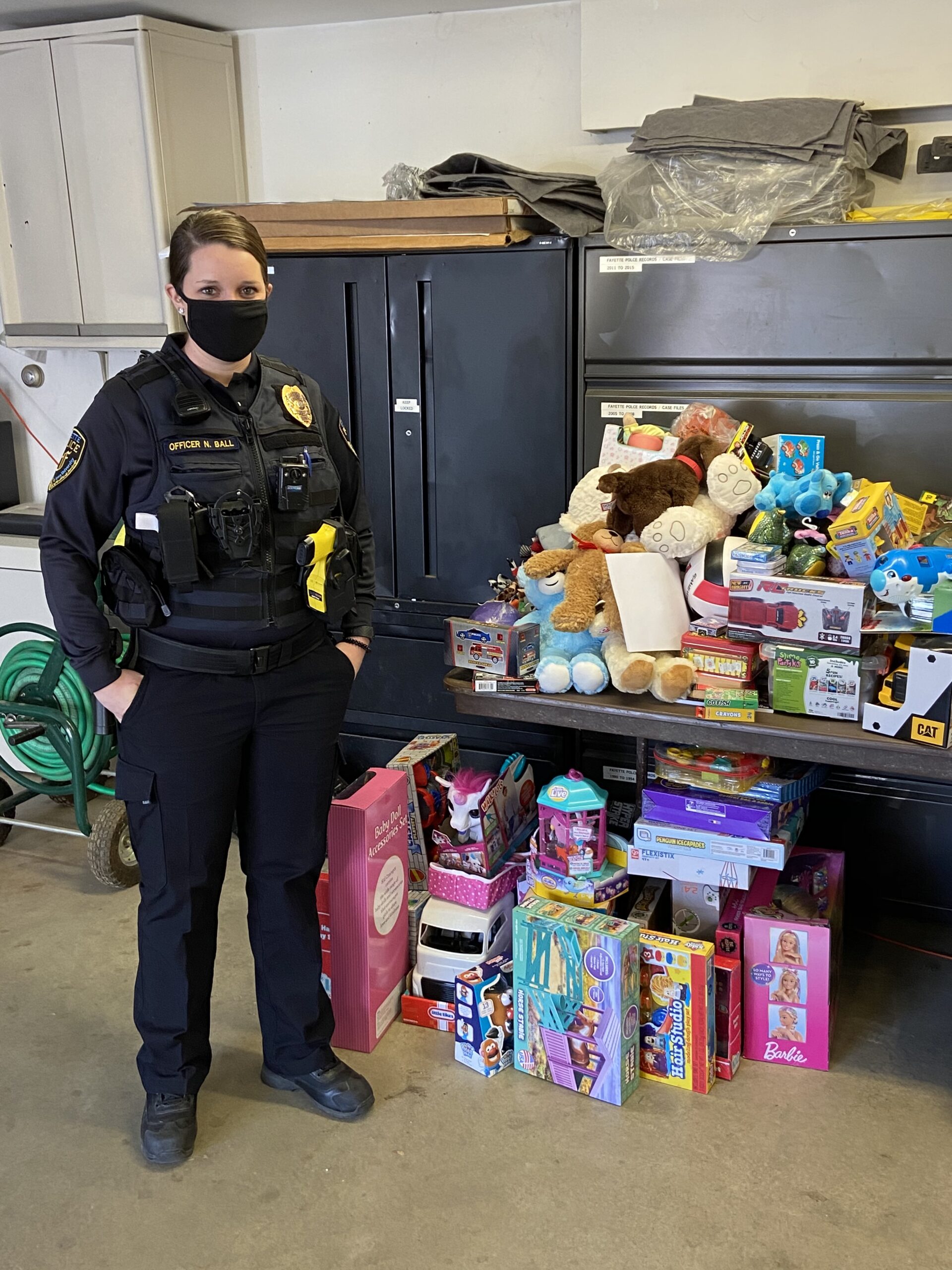What is Transitional Housing?
Transitional housing provides free or affordable housing for the survivor and their children for a limited period of time until more permanent housing can be found or afforded. The length of stay can be from six months to two years. Residents of transitional housing programs are at no risk or little risk of harm from their partner. The Crossroads Transitional Housing Program is funded by the Office of Violence Against Women. This grant assists domestic abuse victims in the transition from homelessness to permanent housing. The goal is to provide supportive housing that will enable them to achieve economic self-sufficiency.
- Domestic violence is a primary cause of homelessness.
- Affordable housing helps to break the cycle of domestic violence.
- Unavailable housing is one of the reasons a victim may return to an abuser multiple times.
- Money may be inaccessible to the victim, causing economic hardships.
- Victim may feel urgent need to leave home because the perpetrator may also abuse the children.
- Victim has no credit or poor credit.
- Some landlords turn away women living with domestic violence situations.
- Transitional housing is affordable and offers a ‘step up.’
- Transitional housing can provide a peaceful place for victim and children.
- Victims can and do achieve economic self-sufficiency.
If you are a victim of domestic violence, call the Resource Center Resource Line, 1-800-383-2988 to talk with an advocate about this housing option.
- Be a catalyst for culture change. Establish a code of non-violent behavior in your community. This means bullying, abuse, and violence are not tolerated, nor are jokes about these topics acceptable. In addition, call out people who blame victims for the crimes committed against them.
- Get the word out. Invite advocates to speak to your group or business on the topic of domestic violence and the importance of transitional housing. By learning more about the issues of domestic violence and ways to prevent it, communities and individuals will be safer.
- Cover costs or donate supplies. Collect cash donations or material goods that can help alleviate the expenses of providing a housing unit, furnishing, or other support of the client and children. These can be mailed or dropped off at any of our offices.



